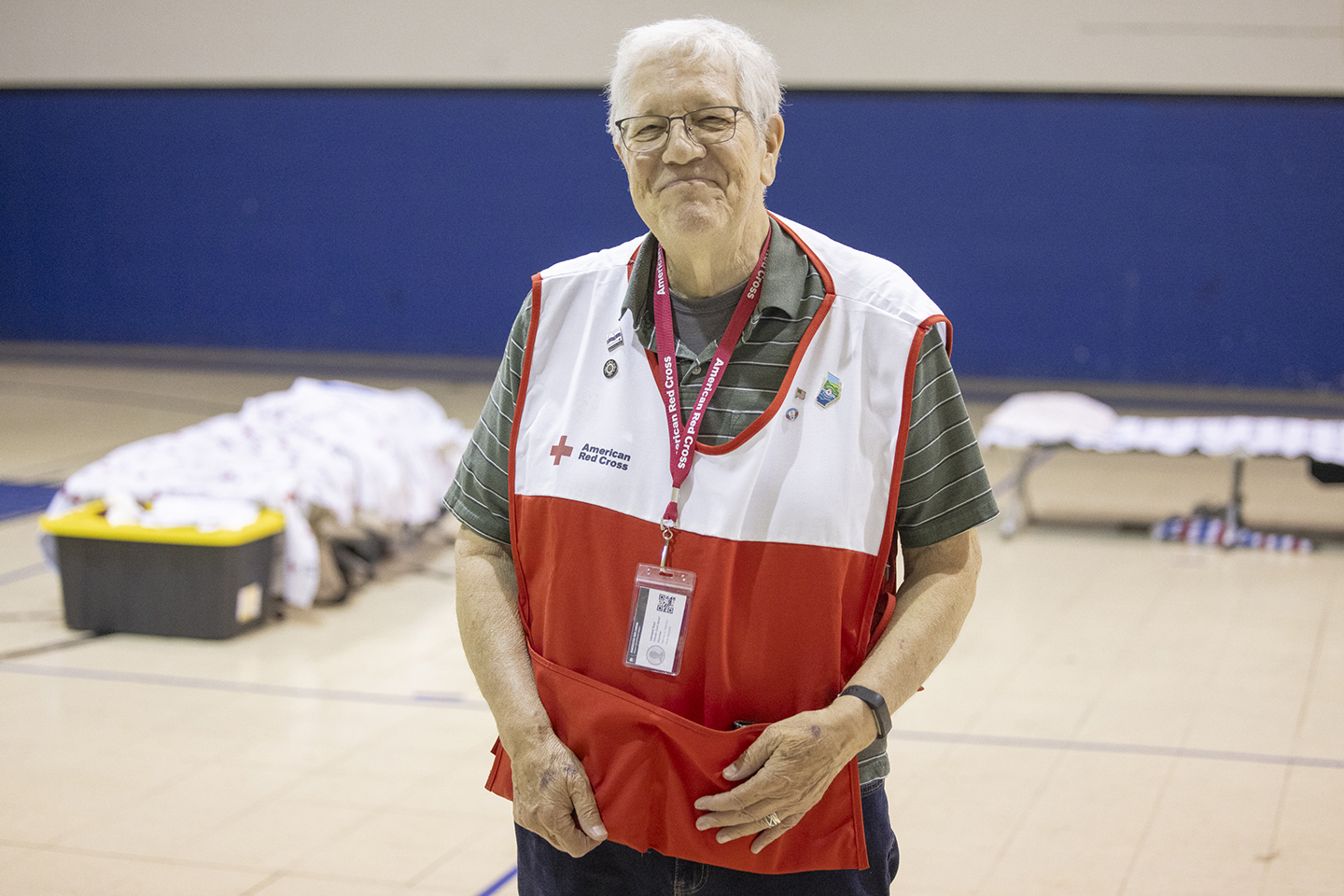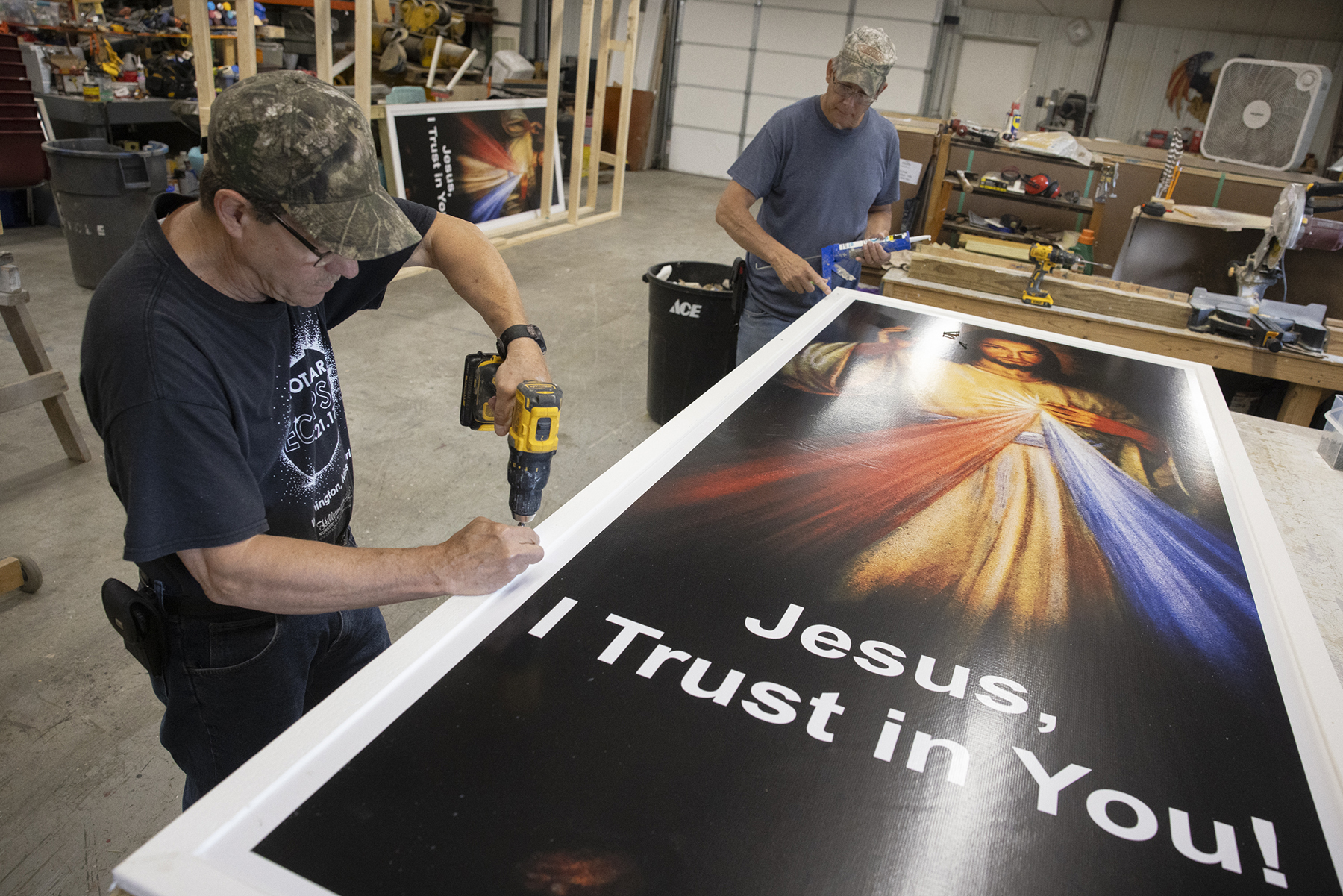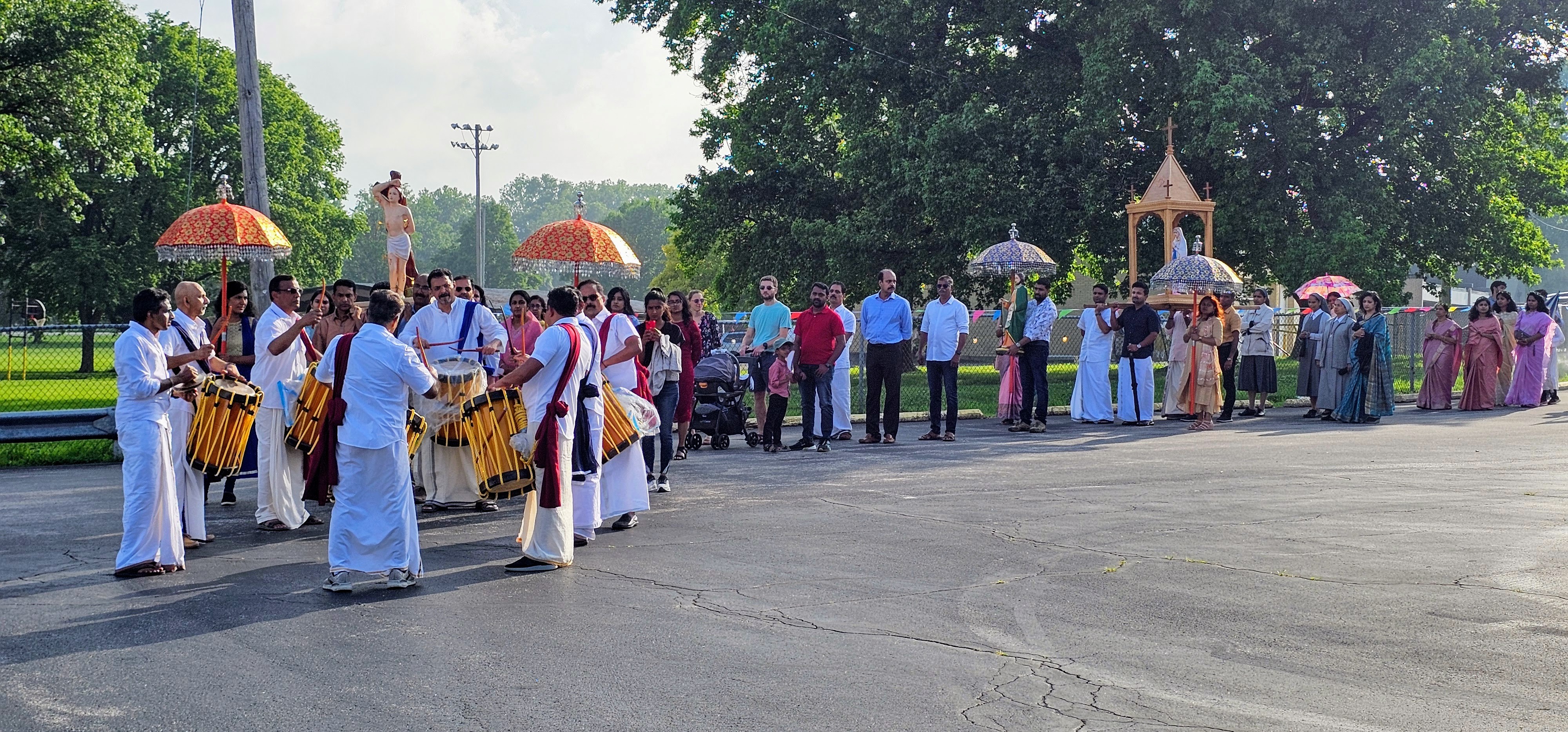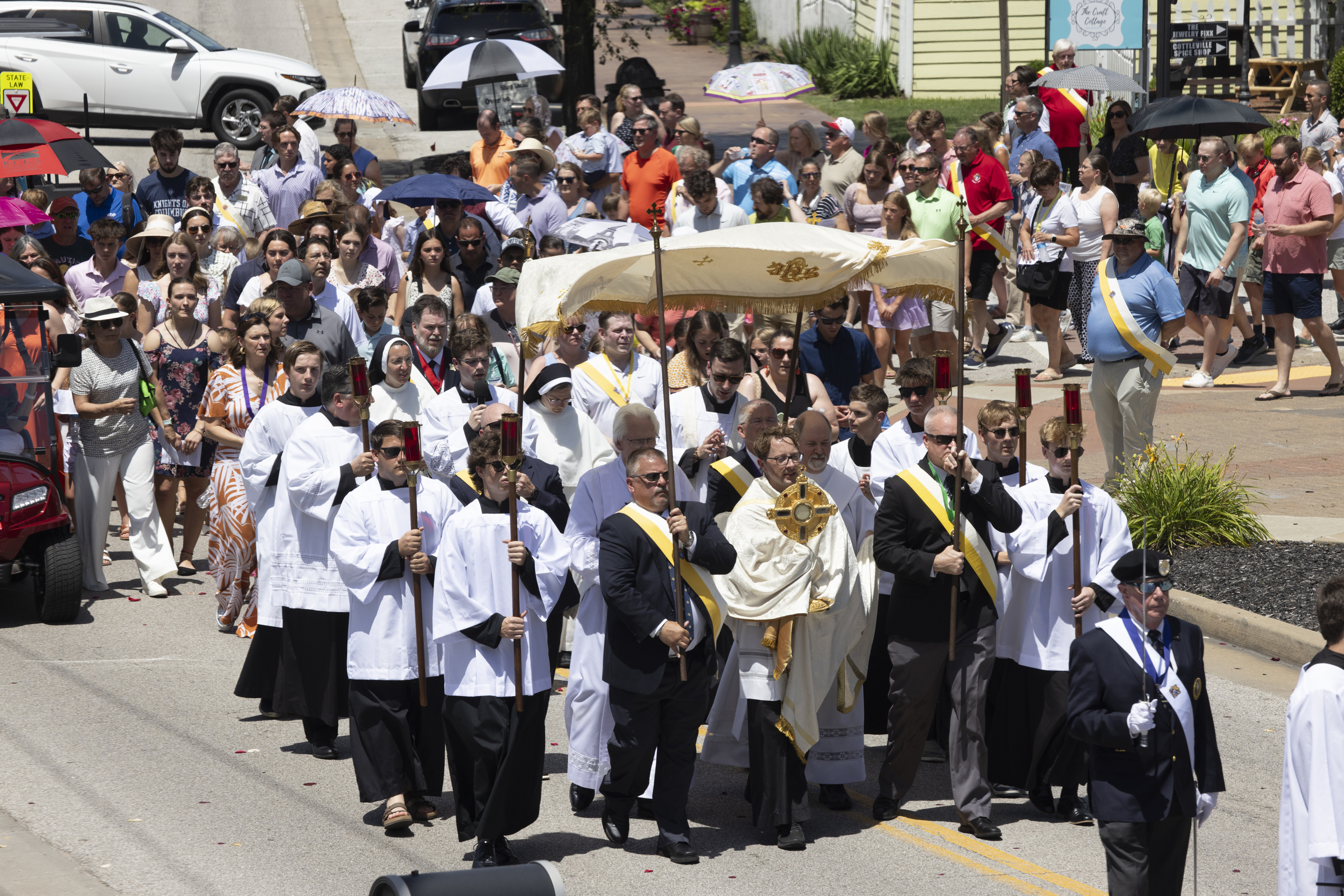Schools adopt sex-abuse safeguard
From March 2005:
The Archdiocese of St. Louis is implementing Safe Touch, a program to educate students in Catholic elementary schools and parish schools of religions about child sexual abuse.
Safe Touch was developed by Thomas Lemp and Saundra Barker of Catholic Family Services, in conjunction with the Archdiocesan Child Safety Committee and the Catholic Education Office.
The school-based program includes annual instruction for all students, kindergarten through eighth grades, to help them protect themselves against possible abuse.
Each parish or school will have a lead teacher or catechist on staff to be the child safety coordinator. That person will be trained to implement Safe Touch and will train the teachers/catechists at each grade level in the school or parish school of religion. Those teachers or catechists will then instruct the children. Safe Touch will be administered at no cost to the parish or school.
“We want to help children determine the difference between safe and unsafe touches, and define that for them,” said Thomas Lemp. “And we want them to know what to do if anything like that happens — go tell someone. Tell their parent or teacher or another adult, so it can be investigated and proper action taken.”
Along with Safe Touch is a voluntary education program for parents, to provide them with information about sexual abuse, guidelines about providing a safe environment and practical examples of how and when to discuss issues of safety and touching with children.
Victims of child sexual abuse often say their abuser told them they should obey adults and that no one would believe a child over an adult. Lemp said one goal of Safe Touch is to teach children to set boundaries over their own bodies.
“Our goal here is to help children know that if an adult should do or say something or touch them in a way that makes them feel uncomfortable, we want them to talk to another adult, to someone who will listen to them and believe them and take steps to protect them,” said Lemp.
“We tell them it is not true that adults won’t believe you — and if one adult doesn’t believe you, find another one who will,” he said.
“We try to get into a discussion of what adults we hope to feel comfortable with and those we need to be leery of,” Lemp continued. “And, even if it is an adult we trust, if they do something or touch us in a way that makes us uncomfortable, we should tell another adult, a parent or someone.”
Safe Touch distinguishes between safe directions and statements from adults and those that may seem odd or make children uncomfortable, Lemp said.
“For instance, we say, what would you do if your teacher said, ‘sit down and be still.’ And what would you do if your teacher said, ‘paint yourself green,’” he said.
Lemp said the program is designed for students to discuss the issues with their parents.
“The children will use activity books as part of the school curriculum, but will take the books home to review the information with their parents. We do not use explicit terms — for little children we describe ‘private parts’ as those covered with a swimming suit. We want the parents to decide how deeply they want to get into the discussion with the children,” Lemp said. “And we let parents have the option of deciding not to let their children participate.”
Safe Touch is part of the directives of the U.S. bishops to combat child sexual abuse. The Archdiocese of St. Louis has already implemented the Protecting God’s Children program, aimed primarily at educating employees and volunteers. A continuing education program is provided online for priests, deacons, program coordinators, principals, directors and coordinators of religious education.
Safe Touch will be implemented in the fall at schools and parishes, with training sessions in August and September for lead teachers and their principals or coordinators/directors of religious education.
A pilot program will begin this spring, with a training session Friday, April 15, at the Cardinal Rigali Center in Shrewsbury. Participating in the pilot program are St. Joseph School in Manchester, St. Cletus School in St. Charles, Cathedral School in the Central West End, St. Raphael School in South St. Louis, and the Parish School of Religion at St. Paul Parish in Fenton.







